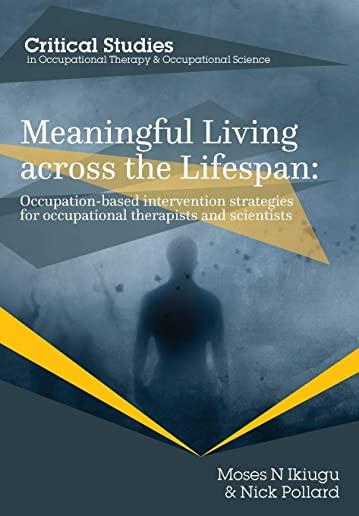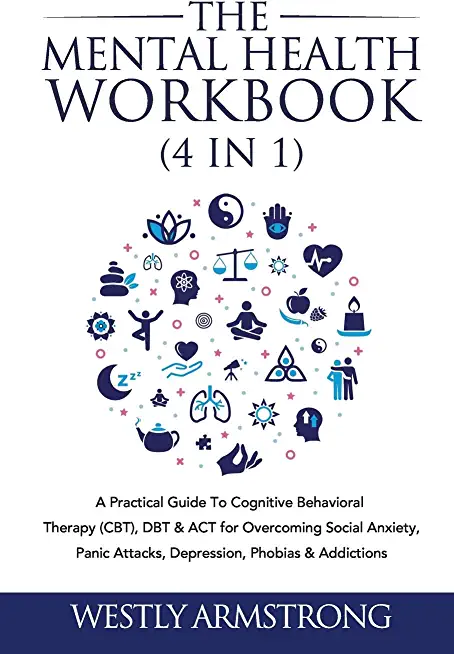
Ikiugu, Moses N.
product information
description
5In this book, Ikiugu and Pollard explore the notion of meaningfulness, in the light of Viktor Frankl's (1992) assertions that the will to meaning is the primary motivation for behavior in human existence, and that the frustration of the pursuit for meaning in the modern and Western world constituted what he termed 'existential vacuum', leading in turn to what he called 'noogenic neurosis' or 'the disease of meaninglessness' The authors then show how occupation can be used in meaning-making to counter the 'disease of meaninglessness'. Though the notion of the notion of meaningfulness is central to occupational therapy practice (AOTA, 2008), it has never really been investigated in depth in the profession's literature This book is aimed at occupational therapy and occupational science students, occupational therapy clinicians, and occupational scientists. Each chapter begins with learning objectives, personal growth objectives, and definition of key terms, followed by the content, and finally by self-exploration exercise. This approach makes the book applicable to students who are studying the relationship between occupation and meaningful living. The exercises are experiential making it possible for people to apply these concepts in their own lives. This is a unique, new approach which has not been used much in occupational therapy and occupational science literature before. The approach has been tested by the authors teaching experience on the philosophical and theoretical foundaitons of occupational therapy and the therapeutic use of self. About the authors Moses N. Ikiugu is Professor of Occupational Therapy, University of South Dakota, USA Nick Pollard is Senior Lecturer in Occupational Therapy, Sheffield Hallam University, UK About the Series: Critical Studies in Occupational Therapy and Occupational Science This book is the first in this new series. Future titles include Critical Debates on the Science and Art of Occupational Therapy by Alison Blank and Rod Lambert, and Occupation Based Practice for Social Inclusion by Nick Pollard, Sarah Kantartzis and Hanneke Van Bruggen. More details about the series overleaf.
member goods
No member items were found under this heading.
Return Policy
All sales are final
Shipping
No special shipping considerations available.
Shipping fees determined at checkout.







